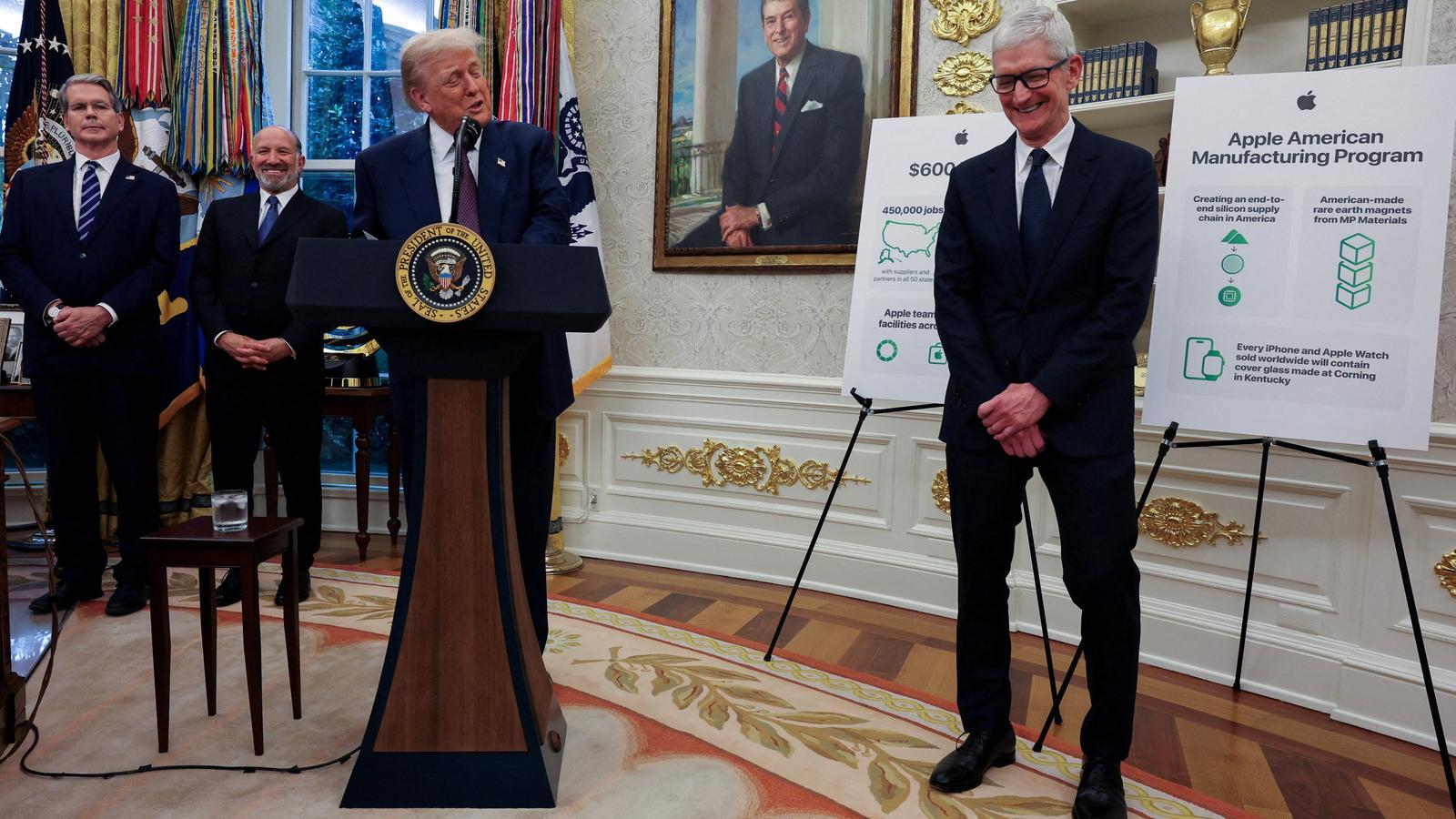Trump and the American autarchic utopia


This past morning, most of the tariffs announced by Donald Trump went into effect, turning US trade policy of the last century upside down and forcing the global economy into uncharted territory. "It's midnight! Billions of dollars in tariffs are flowing into the United States," Trump celebrated at Truth Social at five minutes past midnight.
The truth is, it's hard to find your way around this vast tariff mess. There are basically four groups of countries. The first are those that have reached an agreement with Washington, such as the European Union and Japan (15%) or the United Kingdom (10%). Second are the countries punished by Trump for more political than economic reasons, such as Brazil (50%), India (50%), and Canada (35%). Then there are the countries where tariffs have been postponed, such as Mexico. And finally, there are those that are being negotiated, such as China, which currently has tariffs of 30% but could reach 80%. In parallel, there are linear tariffs on certain products, such as steel and aluminum, at 50%, or the one they now intend to impose on semiconductors and chips, at 100%.
All of this has been a shock to the global economy, and no one yet knows what the medium- or long-term effects may be. From the outset, it must be said that Trump's strategy of threatening very high tariffs and then reducing them seems to have worked. Just look at what happened with the European Union, which had to accept 15% without being able to take countermeasures.
However, it is unclear what the long-term effect will be, especially if high tariffs are confirmed on two countries like Mexico, from which millions of kilos of fresh produce arrive to the United States each year, and China. Trump's obsession is forcing American companies to return to manufacturing in the United States, and it must be said that for the moment, too, things are moving forward. This morning, Apple CEO Tim Cook announced a $100 billion investment to build factories in the U.S.
However, many unknowns remain. How will Trump prevent rising costs from being passed on to products and raising prices? How will he solve the labor problem if he closes the doors to immigration? What will happen if, once the initial shock has passed, the rest of the countries begin to coordinate their policies to avoid tariffs and reduce their dependence on the United States?
The United States has built its global hegemony on the defense of free trade and human trafficking. Now, however, with Trump, they are turning toward a kind of autarkic utopia in which everything is Made in the USA, in an attempt to return to the now idealized 1950s without understanding that the context is very different. Closing its doors to global trade and to foreign scientists and students will not return to the past or recover a supposedly lost glory; on the contrary. However, it will be necessary for Americans themselves to realize this.
